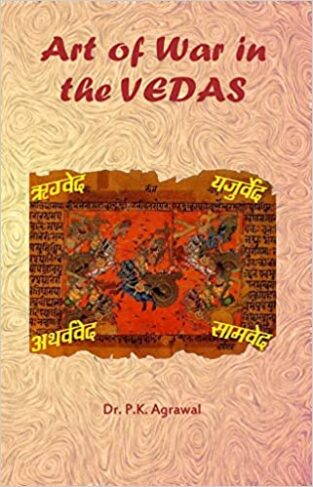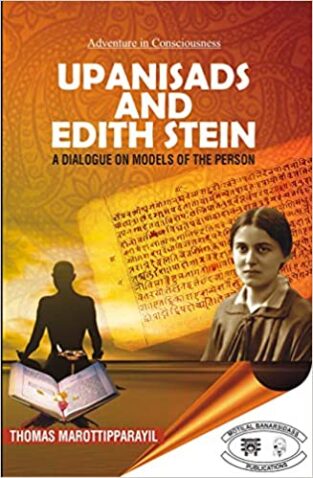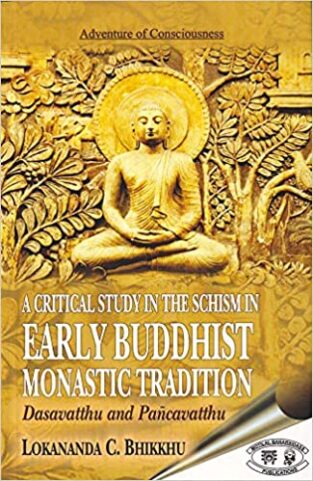
The Theory of Karma Revisited by Vibha Chaturvedi (Author), Dr Karan Singh (Foreword) – MLBD Publications
₹501 Original price was: ₹501.₹376Current price is: ₹376.
The Theory of Karma Revisited by Vibha Chaturvedi (Author), Dr Karan Singh (Foreword) – MLBD Publications
₹501 Original price was: ₹501.₹376Current price is: ₹376.
Hardcover – 1 January 2021
In stock
The Theory of Karma is widely regarded as one of the fundamental principles of Indian Philosophical thought, accepted by all schools of classical Indian Philosophy, except the Carvaka and the materialists. The theory posits a causal relation between an agent’s actions, their morally appropriate consequences and the impact these have on the quality of life of the agent. The moral dimension of the theory is extremely important and also problematic. The primary aim of the book is not exegesis but an in-depth philosophical analysis and evaluation of the conceptual dimensions of the theory and its implications. However, an attempt has been made to bring out the diversity of views found within the Indian tradition in this context. The complex aspects of the theory and their problematic implications have been discussed at some length. The book breaks new ground by taking up some issues in this context, which are generally not discussed in writings on karma, like the plausibility of a causal connection between actions and their consequences, the idea of a karmic moral order in the world and the criterion of personal identity. It consists of six chapters. After initial exposition and analysis, the last two chapters are devoted to discussion of some important objections against the theory and its major difficulties and limitations. The author’s deep understanding of modern Western Philosophy and Philosophy of religion has enabled her to provide a fresh perspective on the issue. The book should be of interest to both the scholars of Philosophy and general readers.
About the Author
Vibha Chaturvedi is a former professor and Head of the Department of Philosophy at Delhi University. She has taught Philosophy and guided research for more than three decades. She has published a number of research papers in academic journals and anthologies. Her published work includes The Problem of Personal Identity (1988),Wittgenstein’s Fideism: Belief, Reason and Practice (2002) and Girl Child
| Weight | 1 kg |
|---|---|
| Author | |
| Binding | |
| ISBN-13 | |
| Languages | |
| No. of Pages | |
| Publisher |
Only logged in customers who have purchased this product may leave a review.












Reviews
There are no reviews yet.